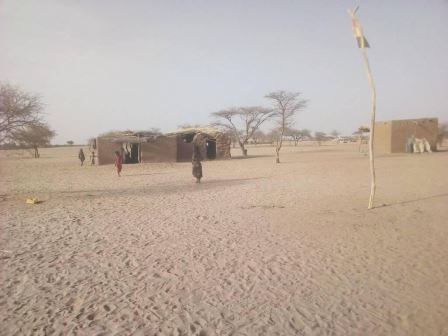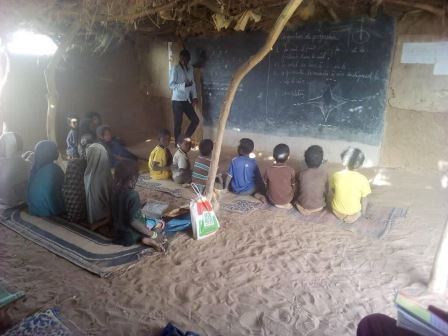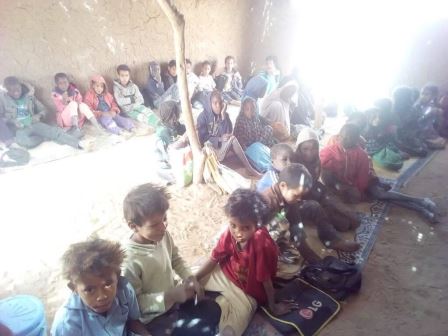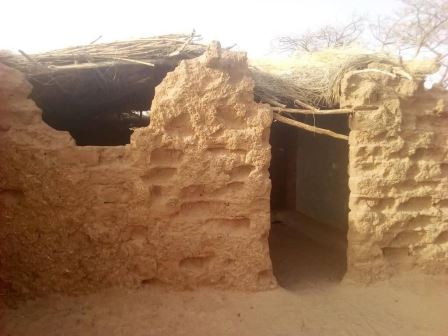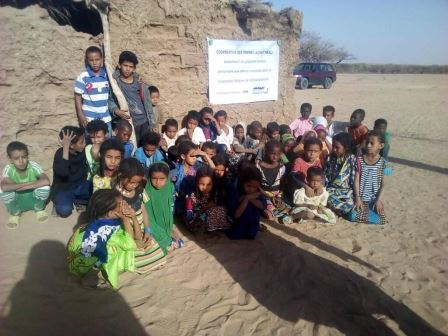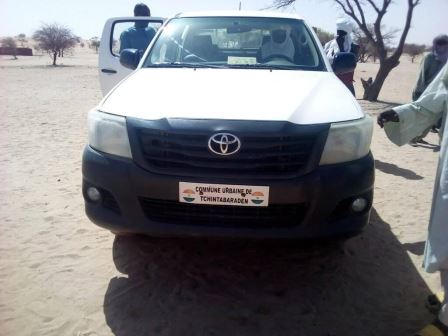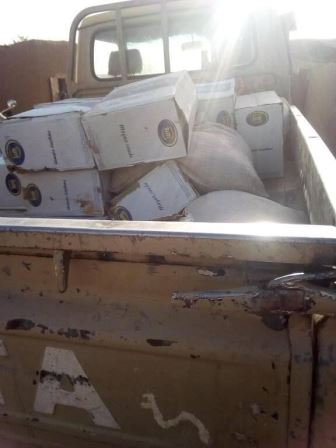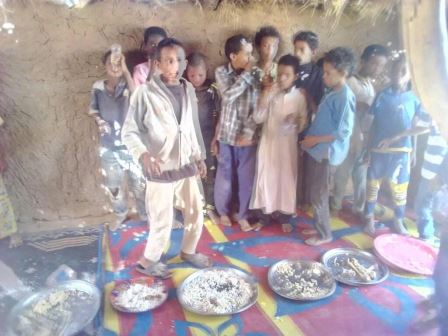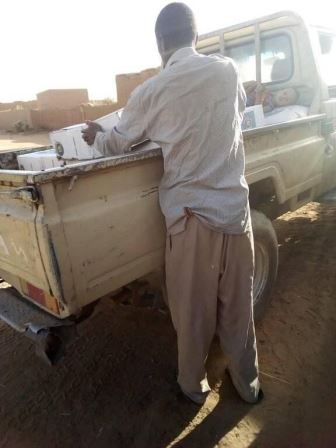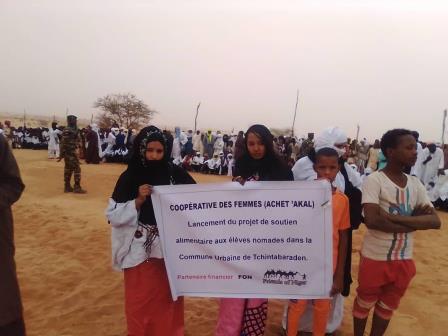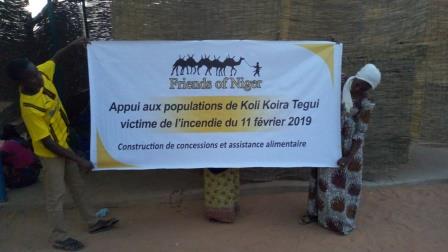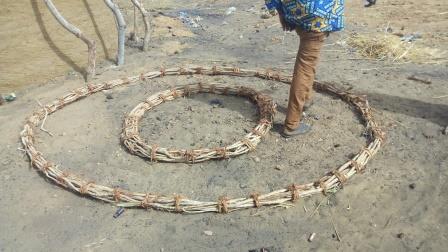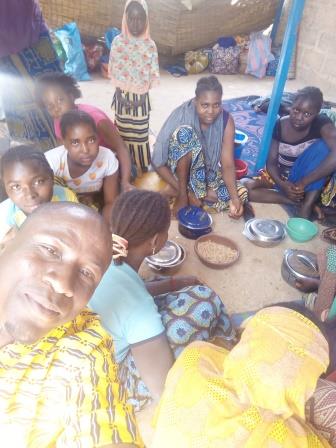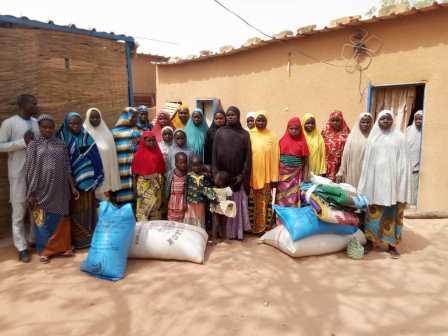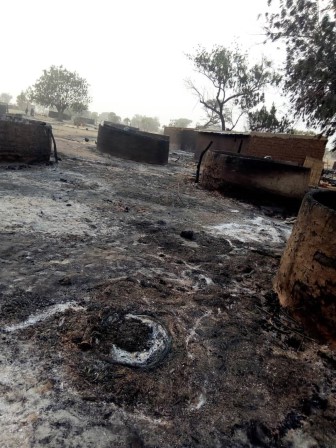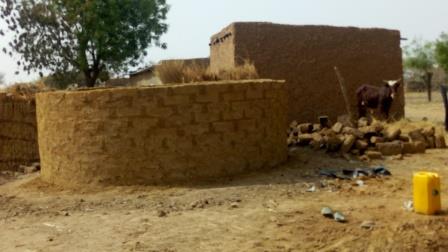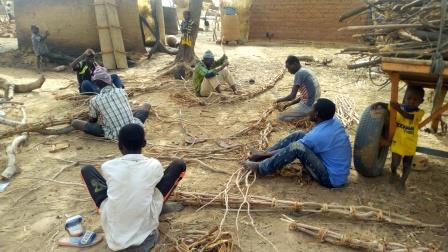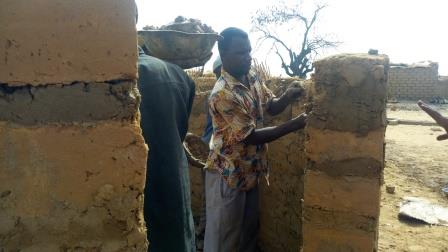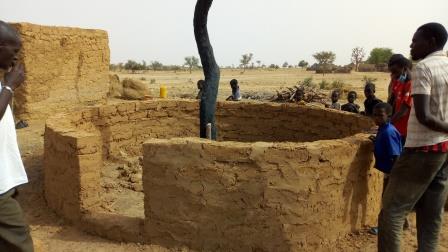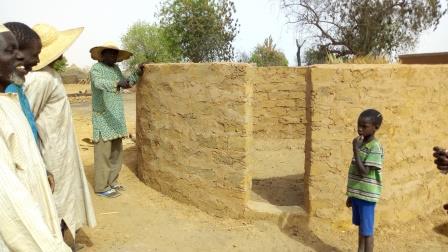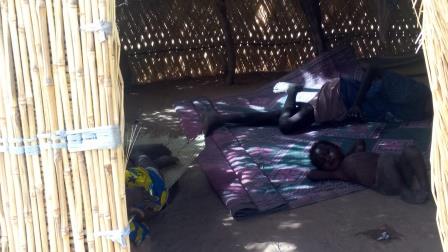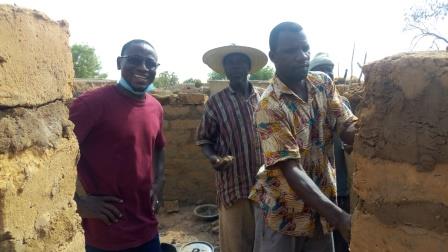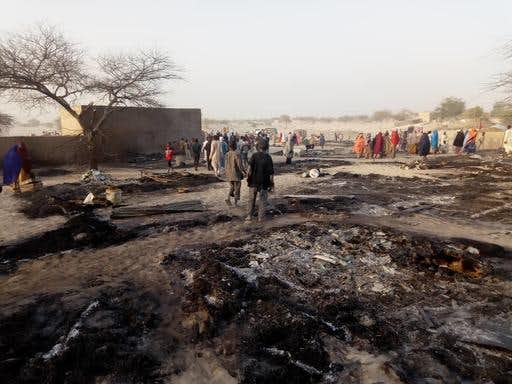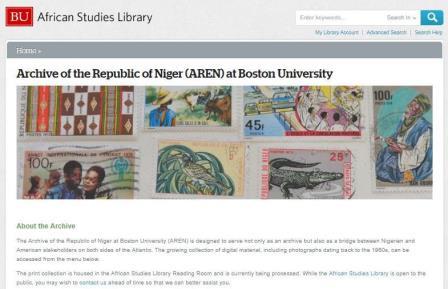
How it Evolved. By John Hutchison
The proposal to establish AREN (Archive de la République du Niger) has evolved out of the long term relationship between the Republic of Niger and the USA beginning after Niger’s independence, and the advent of the Peace Corps there. This was followed much later by the relationship, linkage, and then student exchange between the Université Abdou Moumouni (UAM) and Boston University (BU).
This latter relationship began in the 1980s, when BU Professor John Hutchison served as a Fulbright Lecturer in Linguistics and Kanuri Language Studies at the UAM during 1984-85. At the end of that year, he and the BU African Studies Center, with the assistance of Dr. Jennifer Yanco, a Nigerienist linguist and former Niger Peace Corps Volunteer, applied for and gained a 3-year USIS University Linkage Grant (1985-88) for the exchange of faculty members between BU and UAM. This exchange was rooted in the areas of languages, bilingual education, linguistics, and education. It linked faculties of education/pedagogy and departments of languages and linguistics.
Prof. Karen Boatman was one of the BU School of Education professors who visited Niger. She had the foresight and vision to recognize the importance of proposing student exchange and study abroad between BU and UAM. This next stage in our collaboration resulted in the Niger study abroad program which came to be directed by Susan Rosenfeld. It made it possible for BU students to spend a semester or more in Niger working in internships, coursework and the study of Nigerien languages and cultures in an international development context. The program endured for a quarter of a century, from 1987 until 2011.
The long-term relationships that grew out of these collaborative activities and programs have had an enormous impact on the lives and careers of the Americans and the Nigeriens who participated in them. Those who served as Peace Corps volunteers over its nearly 50 years in Niger, as well as the many BU students who did their study abroad there, have benefited from the wisdom of their co-workers, professors, colleagues and friends in Niger. The result is a body of human resources capable of facilitating change in a wide range of mutually beneficial ways. So today when we come together to join our two countries, our institutions, and one another, in this project of establishing AREN at Boston University, we are establishing a forum which brings together many stakeholders, and also which has the potential to facilitate collaborative efforts and the sharing of knowledge. From both sides of the Atlantic, AREN will make it possible to connect for example both Nigerien non-profit organizations and American non-profit organizations, and it will be conducive to collaboration in fundraising and project development that can be mutually beneficial.
This Archive was inaugurated by the Nigerien President in April 2015; photographs from that inauguration event can be viewed here: https://www.flickr.com/photos/123460528@N03/sets/72157651729968556/
Check out that portion available online at: http://www.bu.edu/library/african-studies/aren/. A link is available on that page to a form you can fill out if you are interested in contributing to the archive. If you have any questions, please contact Beth Restrick, African Studies Librarian (brestric “at” bu.edu). Consider looking at the larger African Studies collection at: http://www.bu.edu/library/african-studies/
